|
There has been a lot of discussion about the best way to roll out the COVID-19 vaccines in Canada, and who should be vaccinated first. But there’s one group — a big one, making up 20 per cent of the population — that’s not on the list for shots yet: children.
Neither the Pfizer nor the Moderna vaccine has been tested in children under 16, and COVID-19 symptoms tend to be mild in younger people. However, without vaccinating children, it may be impossible to achieve herd immunity.
Today in The Conversation Canada, pediatrician Michael Hefferon of Queen’s University discusses the wisdom (or otherwise) of vaccinating children against COVID-19.
Also today:
Regards,
|
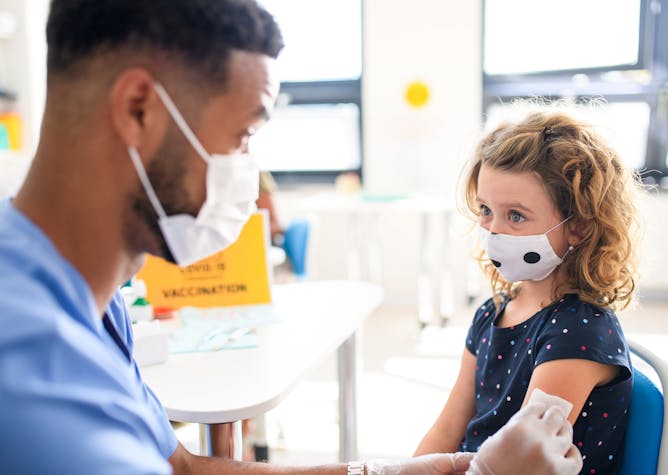
Establishing public trust is now central to any decisions regarding the inoculation of our child population.
(Shutterstock)
Michael Hefferon, Queen's University, Ontario
Historically, we immunized children against diseases like polio that were a clear danger to them, but COVID-19 is usually mild in children. However, herd immunity is unlikely without vaccinating kids.
|
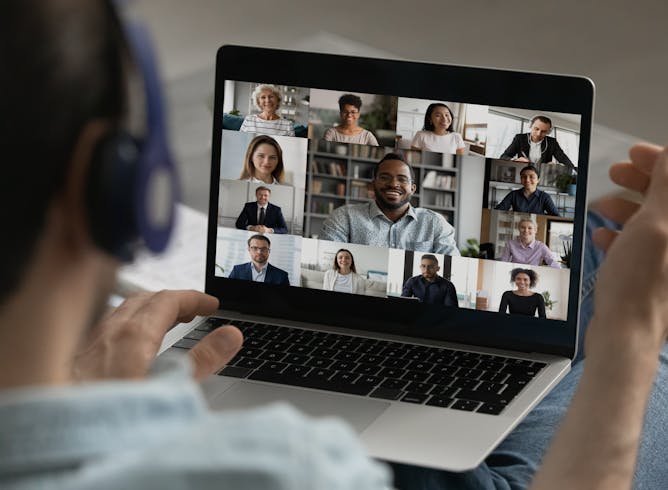
Blockchain can support the dissemination of open educational resources on a global scale.
(Shutterstock)
Rory McGreal, Athabasca University
Open-educational resources are critical for increasing global learners' access to education during COVID-19 and beyond. Blockchain technology can address concerns about plagiarism in resources.
|
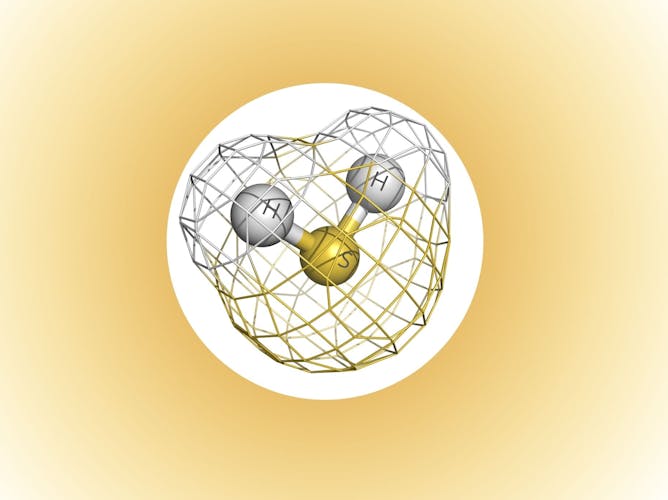
Hydrogen sulfide is a stinky toxic gas, but it has health benefits when released in small amounts inside the body. That’s why eating more plant proteins is linked to longevity.
(Shutterstock)
Rui Wang, York University, Canada
Hydrogen sulphide is a smelly, poisonous gas, but it plays an important role in aging and longevity. New research shows that eating less meat could be a key to harnessing its healthy effects.
|
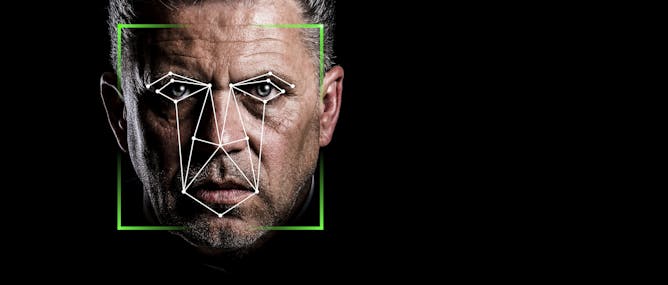
Facial recognition technology raises serious ethical and privacy questions, even as it helps investigators south of the border zero in on the rioters who stormed the U.S. Capitol.
(Pixabay)
Wendy H. Wong, University of Toronto
We have unwittingly volunteered our faces in social media posts and photos stored in the cloud. But we've yet to determine who owns the data associated with the contours of our faces.
|
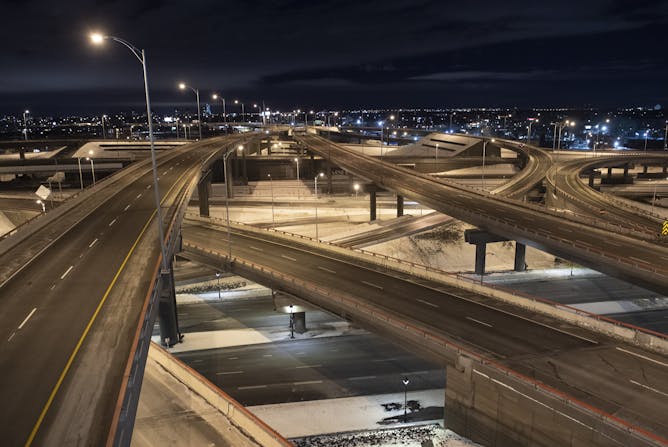
An empty Turcot Interchange is shown in Montreal, Saturday, January 9, 2021, as the COVID-19 pandemic continues in Canada and around the world. The Quebec government has imposed a curfew to help stop the spread of COVID-19 starting at 8 p.m until 5 a.m and lasting until February 8.THE CANADIAN PRESS/Graham Hughes.
La Presse Canadienne/Graham Hughes
Normand Mousseau, Université de Montréal
Depuis le début de la pandémie, Québec multiplie les restrictions aux droits fondamentaux en les justifiant par l’urgence sanitaire. Il offre rarement une explication crédible pour les justifier.
|
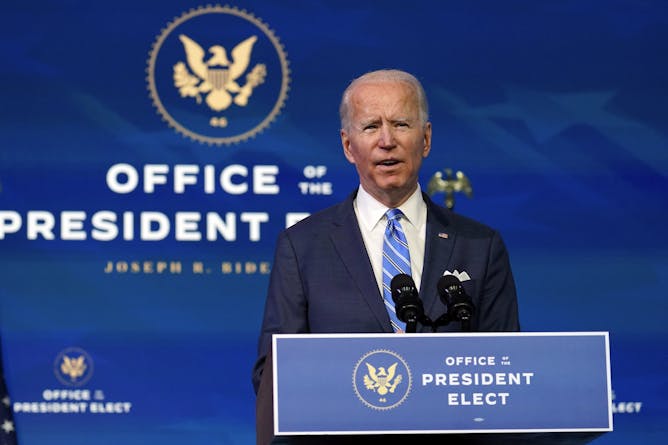
Le Président élu Joe Biden parle de la pandémie COVID-19 à Wilmington, au Delaware, le 14 janvier 2021.
(AP Photo/Matt Slocum)
James Krapfl, McGill University
Le débat sur le collège électoral oppose ceux qui souhaitent un président choisi selon le vote populaire à ceux qui pensent que les intérêts des petits et des grands États doivent être équilibrés.
|
Environment + Energy
|
-
Toby Tyrrell, University of Southampton
I simulated the climate on 100,000 exoplanets to find out.
|
|
Politics
|
-
Dimitris Xygalatas, University of Connecticut
Formal ceremonies and rituals can trigger psychological signals that command people's attention and strengthen the perceived importance of those moments.
|
|
Science + Technology
|
-
Jacinta Delhaize, University of Cape Town
Based on what we currently know about the density of giant radio galaxies in the sky, the probability of finding two of them in this region is extremely small.
|
|